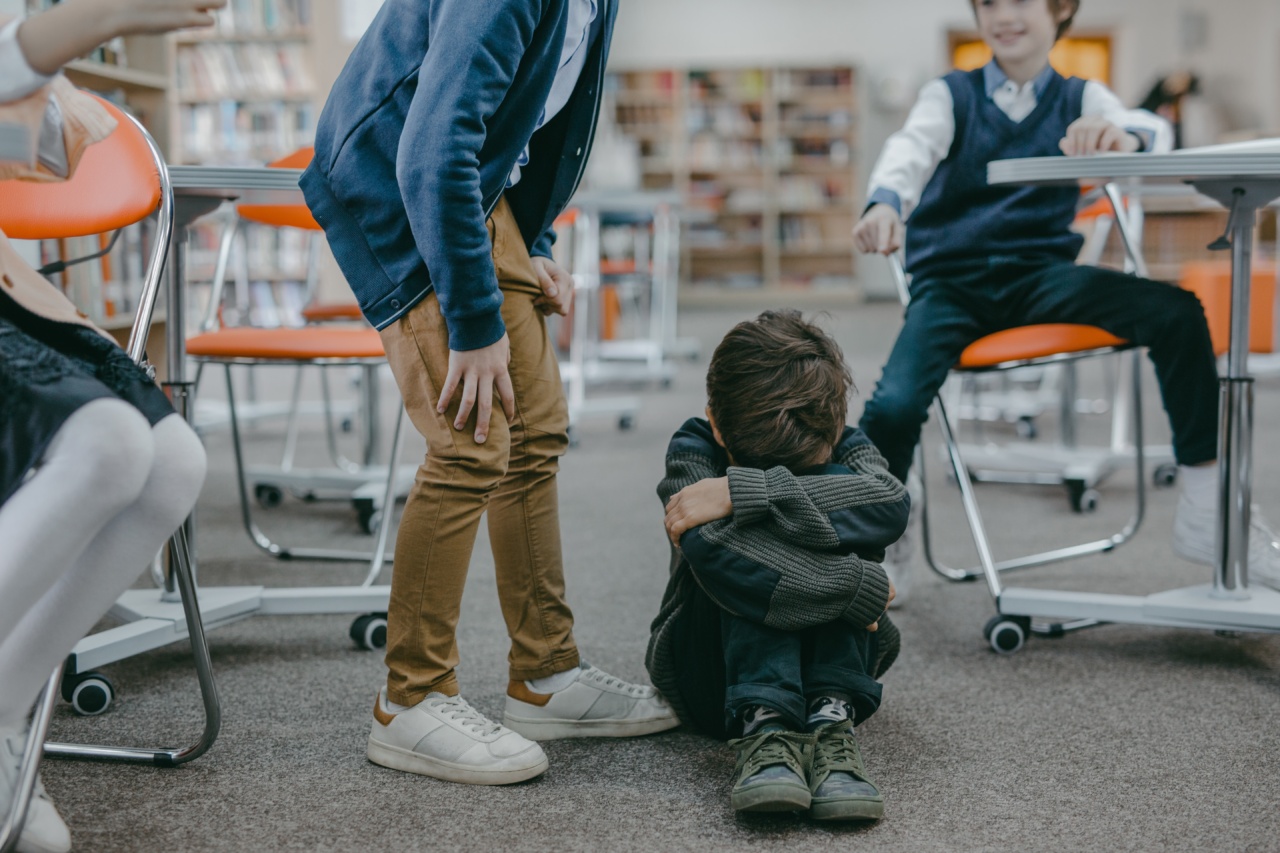Depression is a serious mental health condition that can affect anyone, including children.
While it’s normal for children to experience occasional sadness or mood swings, persistent feelings of sadness, hopelessness, and worthlessness should be taken seriously. As a parent, it’s important to recognize the signs that your child may be struggling with depression so you can provide the support and treatment they need. Here are some common signs to watch out for:.
1. Persistent sadness or irritability
If your child has been feeling sad or irritable for two weeks or more, this could be a sign of depression. They may cry more than usual, and have a difficult time shaking off these negative feelings.
They may also find it hard to enjoy things they previously loved, such as playing with friends or participating in hobbies.
2. Changes in appetite or sleep
Depression can affect a child’s appetite and sleep patterns. They may have trouble falling asleep or staying asleep, or they may sleep more than usual.
They may also experience changes in their appetite, such as loss of appetite or increased cravings for food.
3. Low energy levels
Children with depression may feel tired and lack energy, even when they haven’t engaged in physical activity. This can make it difficult for them to concentrate in school or participate in normal activities.
They may also seem disinterested in playing with friends or engaging in social activities.
4. Difficulty concentrating
Children with depression may experience difficulties concentrating, which can lead to poor academic performance. They may also have a hard time completing tasks or following through with commitments.
5. Physical complaints
Depression can also manifest in physical symptoms, such as headaches, stomach aches, and fatigue. These symptoms may be unexplained, and may not improve with medical treatment.
6. Social withdrawal
Children with depression may withdraw from social activities and isolate themselves from friends and family. They may avoid spending time with friends, and may not want to participate in extracurricular activities like sports teams or clubs.
7. Negative self-talk
Children with depression may have negative thoughts about themselves, and may express these thoughts through negative self-talk. They may say things like “I’m not good at anything,” or “Nobody likes me.”.
8. Self-harm or suicidal thoughts
In severe cases of depression, children may engage in self-harm behaviors or express suicidal thoughts. If your child expresses such thoughts or behaviors, seek immediate medical attention.
9. Substance abuse
Some children may turn to drugs or alcohol as a way of coping with their depression. This can lead to substance abuse problems and can make the depression worse.
10. Declining academic performance
Depression can also affect a child’s academic performance. They may struggle with assignments and tests, and may have difficulty keeping up with classwork and homework.
Conclusion
Depression is a serious mental health condition that can affect anyone, including children.
As a parent, it’s important to recognize the signs that your child may be struggling with depression so you can provide the support and treatment they need. If you notice any of the signs mentioned above, it’s important to speak with a mental health professional as soon as possible to get a proper diagnosis and treatment plan.






























